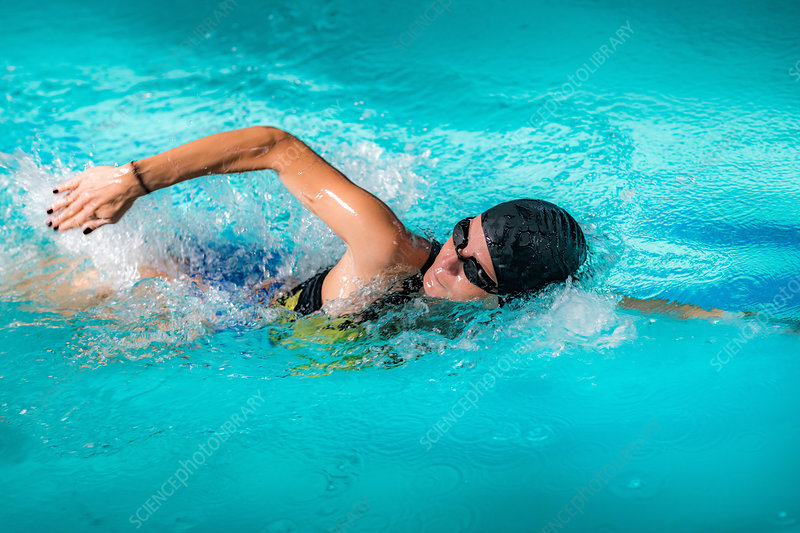In this post we discuss how activities like walking, gardening and swimming can slow down your recovery from injury.

What would you say to this gentleman.
He’s recovering from a knee injury and wants to get back to running.
He has another pastime however and that’s walking. Strolling around the City for hours at a time looking at the sights and exploring new districts.
These walks, whilst leisurely, rack up serious miles. The last one was 15 miles the day before a hard training session. He said his legs felt tired and heavy during the session and his knee began hurting again.
Seems relatively obvious no?
Perhaps cut down the walking, especially the day before training.
Sometimes it isn’t obvious to the person involved however.
Let’s take another example, gardening.
Whilst I don’t posses green fingers myself, I do know that gardening is a seasonal activity.
There are times when you need to do more of it, other times when you do less.
Think how this feels to your muscular system however.
No gardening for weeks or even months, then a lot in a small space of time.
You wouldn’t get back to running by starting with a 10 miler would you?
This is exactly what we do however and wonder why our back pain returns.
Whilst we might class certain activities as jobs that need to be done and others as training, to your muscles and the joints they move, it’s all work.
Swimming, yoga and Pilates
Some activities have such good PR, they are thought to be good for us regardless of our physical status.
Swimming is certainly in that category. As it’s often recommended as a low impact form of exercise, the assumption seems to be it can’t create issues. This isn’t true. Just ask swimmers.
The same can be said for both yoga and Pilates.
If you have certain areas of your body that are limited in their movement and comparatively weak, it doesn’t matter what the activity is called. If it challenges those areas beyond their capacity, it can cause problems.
Summary
Sometimes it’s what you don’t do, or perhaps what you do in smaller doses that leads to a quicker recovery from pain and injury.
As I said to my prolific walker, what do you want to be better at, walking or running?
Prioritise training for what you want to achieve and reduce activities that seem to interfere with that.